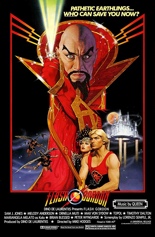
 Comic book movies are, for the most part, stupid. Sadly, as our society has become a bleak pit of absolute despair, so have the recent ultra-gritty four-color adaptations that have hit the screen. Those that, in the past, wallowed in their inherent camp were often mocked and relegated to various “worst movies” lists, with one of the most infamous being the comic-strip flick Flash Gordon.
Comic book movies are, for the most part, stupid. Sadly, as our society has become a bleak pit of absolute despair, so have the recent ultra-gritty four-color adaptations that have hit the screen. Those that, in the past, wallowed in their inherent camp were often mocked and relegated to various “worst movies” lists, with one of the most infamous being the comic-strip flick Flash Gordon.
Unfairly, I might add, because this Flash is a lot of fun, reminding us that comic books are supposed to be speculative blasts for kids instead of introspective dirges for grown-ups. As a childhood filmic obsession of mine, it’s really one of the few films that holds up — possibly better! — today.
As Earth comes under violent atmospheric attack — look out for the hot hail! — New York Jets quarterback Flash Gordon (Sam J. Jones) and travel agent Dale Arden (Melody Anderson) find themselves on a deco rocket piloted by supposed loon Dr. Zarkov (Topol), headed to the planet Mongo, the source of the recent cosmic disruptions.
The crew finds a highly stylized society of warmongers and slaves, led by the somewhat problematic Ming the Merciless (Max von Sydow), a flamboyant despot with a taste for sadomasochism and broad Asian caricatures — something that the red, white and blue all-American Flash ain’t having no part of, befriending various races, including birdmen, arborists and so on, into defeating the merciless Ming.
The film is full of so many scenes of colorful camp that it’s amazing this never became the Rocky Horror of nerd culture, but it’s no surprise as the script was written by the great Lorenzo Semple Jr., one of the few screenwriters to truly get Batman, James Bond and Sheena. At least I think so.
Luckily, he got Flash, too: an affable Joe with only his athletic ability and charming demeanor to take down an evil empire. And let’s not forget the heart-pounding score by Queen, a soundtrack that would remain unrivaled until a few years later when they were assigned to compose the epic music for … wait for it … Highlander. —Louis Fowler

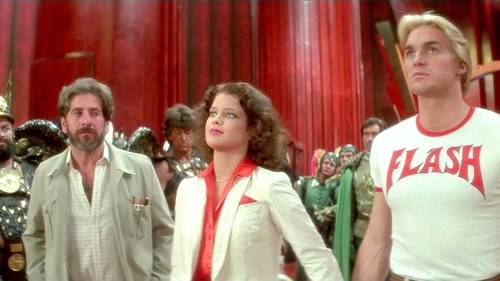

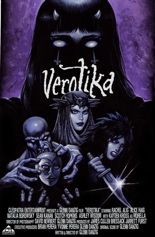

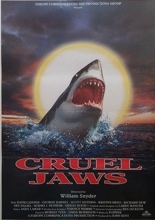
 I have never seen Steven Spielberg’s
I have never seen Steven Spielberg’s 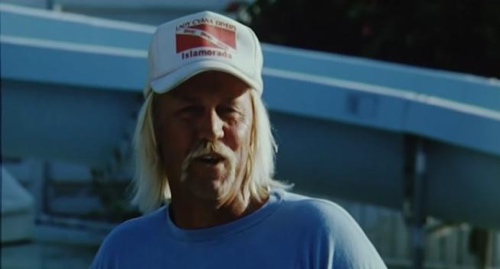
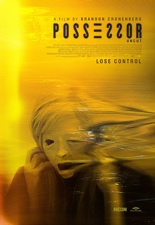
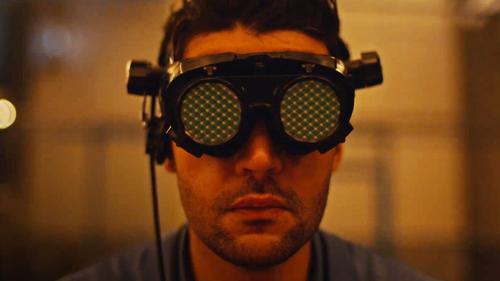

 Serge Gainsbourg is held up, by me, as the undisputed master of Parisian perversity, audibly in his music and visually in his films. With titles like the exhibitionist
Serge Gainsbourg is held up, by me, as the undisputed master of Parisian perversity, audibly in his music and visually in his films. With titles like the exhibitionist 